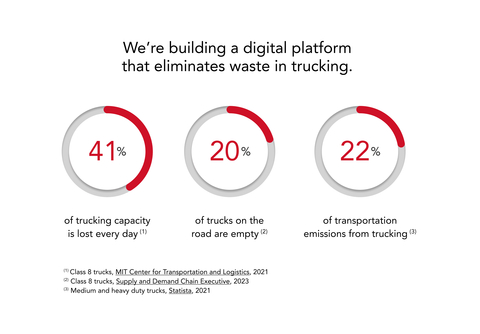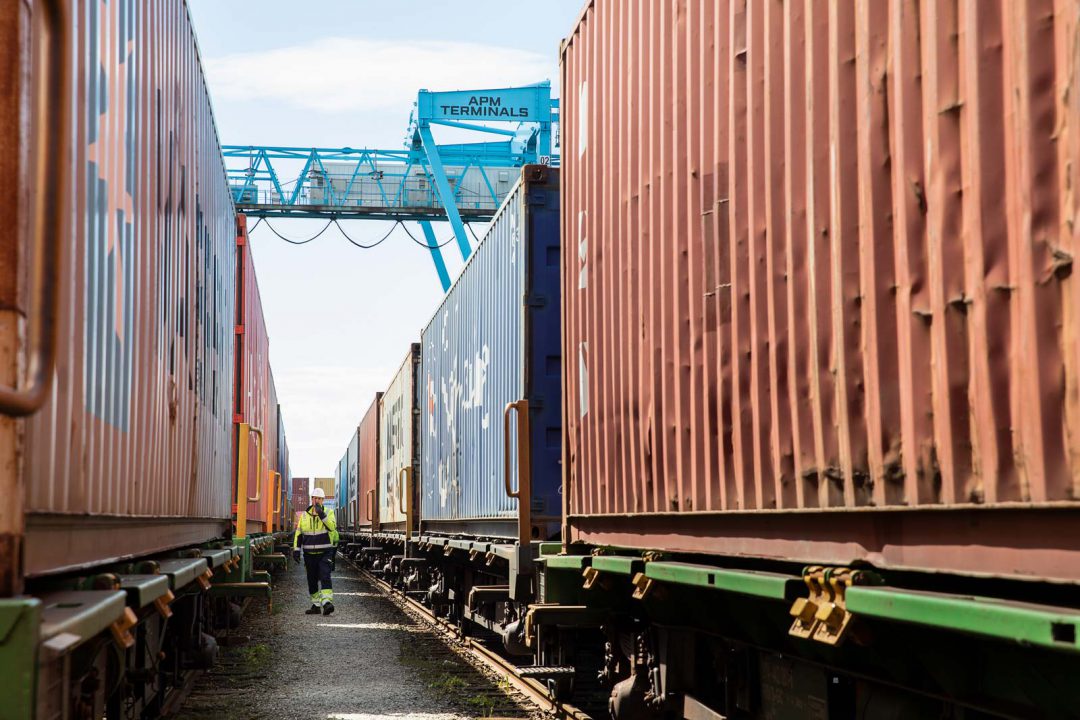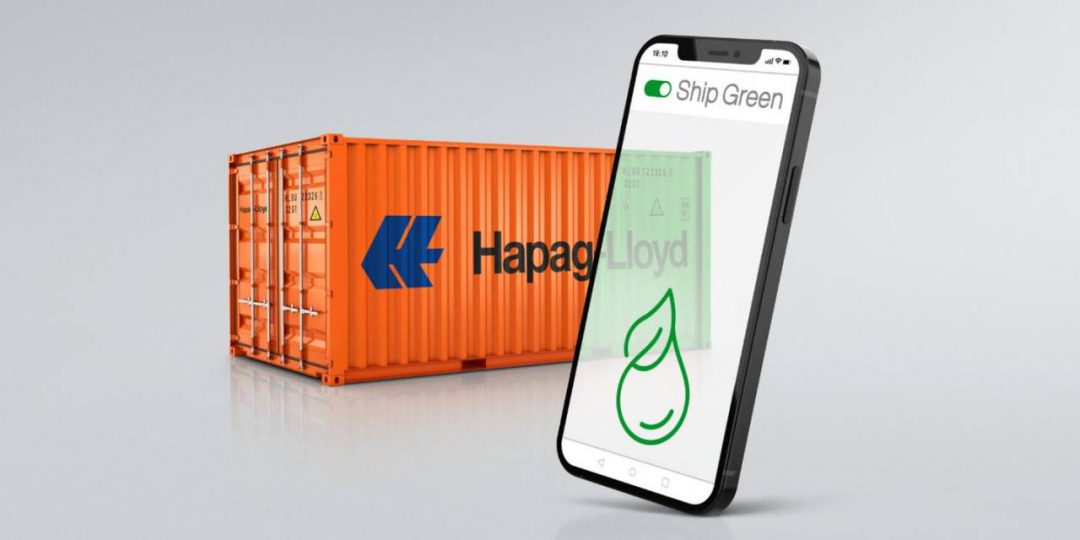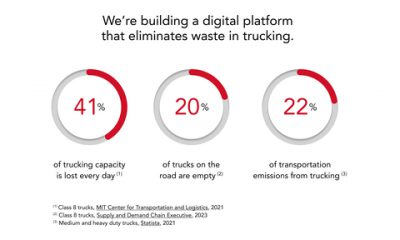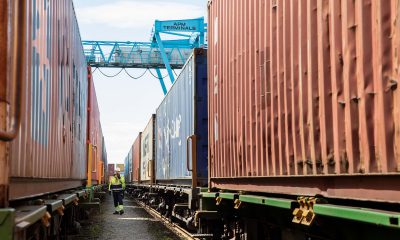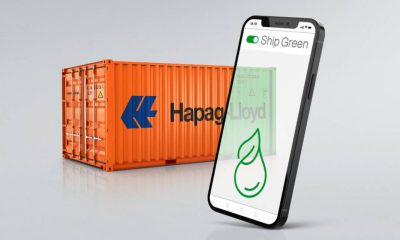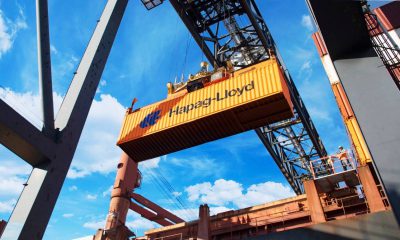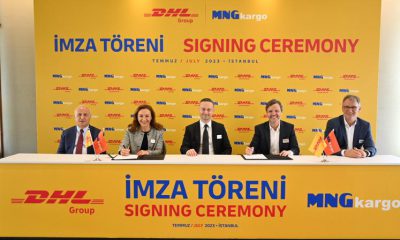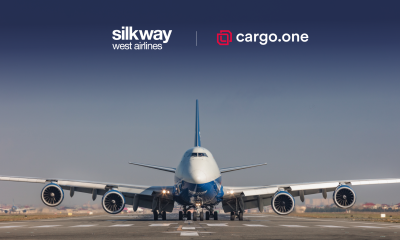DP World, a leading provider of global supply chain solutions, has launched the first direct freight service between the UAE and Iraq to make the flow of goods between the two countries faster, safer and more efficient.
The service caters for what the industry calls “unaccompanied trailers” — trailers which can be transported by sea without the driver and truck cab travelling alongside them. Instead, the trailer is left at the quay side at the port by the driver and is then pulled on and off the ship alone.
This is the first service of its kind in the UAE and runs under the name of P&O Maritime Transports — a DP World company.
The service takes approximately 36 hours to travel between Jebel Ali Port in the UAE and Umm Qasr Port in southern Iraq. It offers a new route between the two countries for road trailers, alleviating challenges faced by customers using cross-border land transport, which can take up to 14 days.
Unaccompanied trailers are loaded on to roll-on, roll-off (RORO) freight vessels, leaving the driver and cab behind at the port. Once the trailer reaches Umm Qasr Port, an Iraqi truck can drive it to its final destination anywhere in the country. Once delivered, the empty trailer is then returned to Umm Qasr and shipped by to Jebel Ali.
Until now, goods transported by road from the UAE to Iraq must be transloaded – a time consuming exercise of transferring cargo from the original truck to a locally-licensed vehicle. It is also risky, exposing the cargo in terms of damage, contamination and security.
DP World’s unaccompanied trailer service allows cargo owners and logistics companies to load a UAE-plated trailer in their local warehouse, ship it securely to Iraq and get the same trailer back, without the cargo having to change hands along the route.
This is especially useful for transporting palletised or project cargo – large, heavy duty, or complex pieces of equipment, due to the greater payload capacity of road going trailers. Purpose-built RORO freight vessels allow customers greater flexibility in the planning and movement of over-dimensional packages on low-bed and heavy-axle trailers. This generates significant cost savings versus traditional break bulk operations, as the cargo loaded on board a trailer is available to be delivered directly on site in Iraq.
Jesper Kristensen, Group Chief Operating Officer, DP World Marine Services, said: “The launch of this new route is a step change in our service offering in the UAE. It is a great example of our customer-focused approach at DP World, using innovative and tailored solutions to enable the flow of goods. Iraq’s economy is growing rapidly, but until now it relied on transit through its neighbours for its import and export needs. Our new direct service starts to address this, opening a new more efficient trade route for the country.”
“On top of the time and efficiency benefits, our service will also offer significant sustainability benefits. By shipping the trailer alone to Iraq, we expect to remove thousands of trucks from the roads every year, helping our clients reduce their CO2 emissions,” he added.
The first customer to use the route was the ADSO Group, a UAE-based logistics firm.
Speaking about the maiden journey, Riaz Karmali, General Manager at ADSO, said: “As one of the first P&O Maritime Transports customers to use the service, we are extremely pleased with such a transport solution for our freight industry. The new service is ground-breaking and delivers great logistical efficiencies across our operations. We benefit from cost-savings by reducing our time spent on the road and crossing borders. Plus, the service provides a more sustainable solution to us, and by extension to our customers. The reliability and expertise of DP World means we have full trust that our shipments are handled with the utmost care.”
Karmali added: “We are optimistic our clients will greatly benefit from this service, and it will be a win-win solution for shippers, forwarders and receivers alike.”

